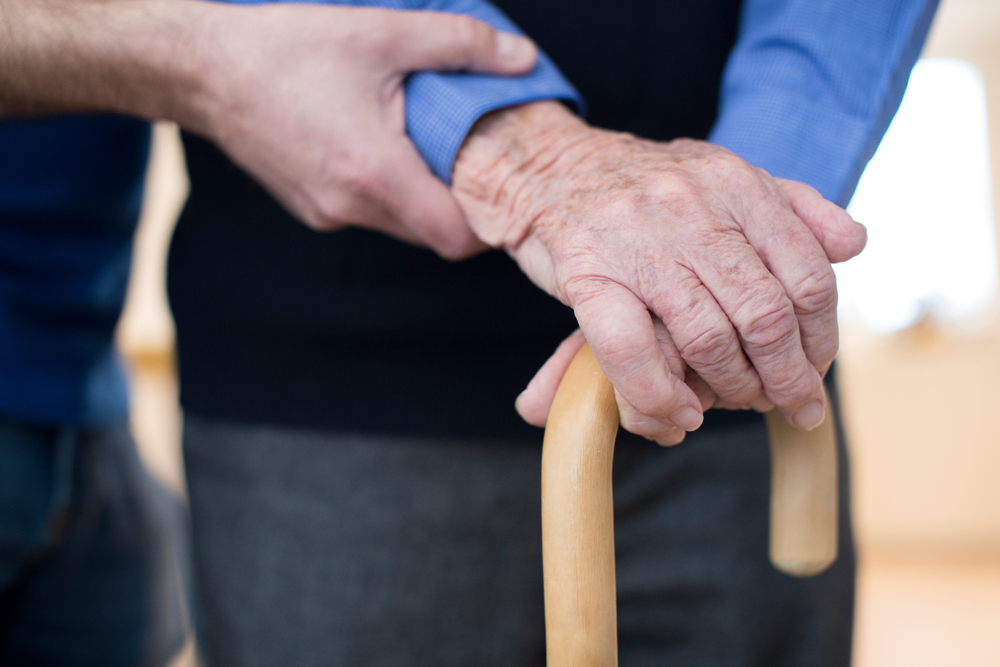In 2010, the federal government established a nursing home ownership database at the direction of Congress. The initiative aimed to track how many private equity firms were buying nursing homes. Twelve years later, a new report found that the database was essentially a failure. The U.S Department of Health and Human Services didn't fully implement the law, and the current database excludes nearly half of the private equity firms that own nursing homes in the U.S., which shields them from accountability and fails to keep the public informed.
It’s been reported that when private equity firms buy nursing homes, the residents often suffer. The firms tend to lay off staff while accepting more patients, leading to a decreased care level. Medicare and Medicaid pay homes the same amount per resident, regardless of the quality of care. Investment firms have little incentive to treat their senior residents well. The results are devastating. One study found that resident deaths increase by 10% after private firms take over. Advocates have voiced concern for decades. In the early 2000s, a Florida nursing home faced scrutiny when 15 residents died over three years. Their families sued the facility and alleged negligent care.
In theory, the database law passed as part of the Affordable Care Act should have helped solve this problem. Requiring private equity firms to share details on their own nursing homes would allow residents and their families to know who was behind these facilities. But firms slipped through the cracks because the government didn't enforce the law. The Public Citizen report about the law's failure found that a firm that owned 136 nursing homes wasn't listed anywhere in the database. The problem has become more evident during the COVID-19 pandemic.
Nursing Homes and COVID-19
COVID-19 has killed more than 200,000 long-term care residents and staff since the start of the pandemic. At one point, nursing home residents accounted for almost one-third of all COVID deaths. Elderly adults and those with pre-existing health conditions are more likely to experience COVID-related health complications. A highly contagious virus can be a recipe for disaster in an overcrowded nursing home. Some individual facilities saw over 100 fatalities at the height of the pandemic.
Even residents that weren't infected with the virus suffered during the pandemic. In nursing homes where staff members were already overworked, it became difficult for struggling staff to care for patients adequately. Some facilities left residents unattended for so long that they developed bedsores. Other residents suffered from the mental health effects of COVID isolation at nursing homes. For every two COVID-related deaths in a nursing home, one resident died of unrelated causes prematurely, per the Associated Press.
The Government Response to Nursing Home Safety
Earlier this year, the Biden administration announced sweeping reforms to improve safety in nursing homes. The federal government proposed several initiatives to make nursing homes safer for senior residents. They include establishing a minimum staffing requirement, decreasing the use of antipsychotic drugs, increasing funding for health and safety inspections, and investigating nursing homes that perform poorly.
The White House plan also describes the need for a new nursing home ownership database. Under the federal government proposal, a registry will keep track of nursing home owners and their track records. The new database would also contain corporate ownership data and help federal agencies look into the private equity firms buying nursing homes in hopes of profiting. If the White House proposal becomes a reality, it will bring significant changes to an industry with little oversight. In the meantime, private equity firms can continue to trim down the staff and amenities at care facilities, and there won't be an effective way to monitor them.
Choosing a nursing home for a loved one is a tough decision, and families wonder whether they're leaving their relatives in good hands. While the current nursing home database is incomplete due to the 2010 law not being adequately enforced, it does provide some information. In the future, all nursing homes may be required to cooperate and show transparency.












